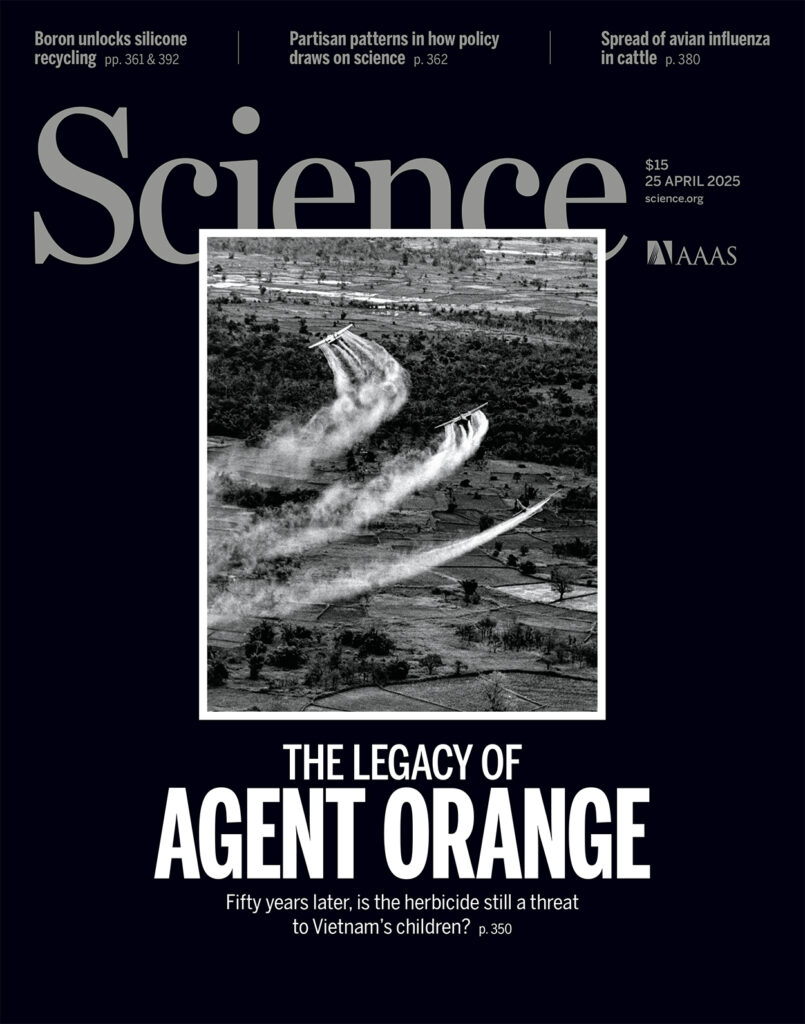Science has changed an expression of concern on a 2022 paper to an erratum after removing one of the coauthors — who was found to have committed misconduct — and allowing the researchers to repeat experiments.
The paper, “Structural basis for strychnine activation of human bitter taste receptor TAS2R46,” has been cited 68 times, according to Clarivate’s Web of Science.
Two months after publishing the article in September 2022, Science issued an editorial expression of concern, stating a post-publication analysis had found one figure with “potential discrepancies.”
The authors worked with “outside experts” to repeat aspects of the experiment, Meagan Phelan, communications director for Science, told us. They “repeated bioluminescence energy transfer experiments” that were the basis for two of the article’s figures, one of which was the focus of the 2022 expression of concern, the new 2025 notice states.
“The new data did not provide strong functional support” for the previous work related to those figures, and the “conclusions on precoupling are weaker than in the original version,” the erratum states. However, “the editors remain confident in the key findings of the paper,” according to the notice. Both figures were removed from the corrected study.
When we asked why Science did not retract the paper, Phelan told us instead of retracting “a study where conclusions still stand, we worked with the author team.” Guidelines from the Committee on Publication Ethics “argue against a partial retraction and make the point that the main goal is correction of the literature rather than a mechanism to punish the authors,” she added.
The erratum also says Xiaoling Cao was removed as an author. At the time the paper was published, Cao’s listed affiliation was with iHuman Institute, which is part of ShanghaiTech University in China.
Phelan told us the authors discovered Cao had “committed misconduct” during the original study and was responsible for the removed aspects of the paper, so “no longer qualified for authorship.” She said Cao “has since left” ShanghaiTech. For further details Phelan referred us to the university, which has not responded to a request for comment.
Cao did not respond to our request for comment and is not listed as a researcher on the iHuman Institute’s website. The corresponding authors, Zhi-Jie Liu and Tian Hua, also did not respond to our request for comment.
Like Retraction Watch? You can make a tax-deductible contribution to support our work, follow us on X or Bluesky, like us on Facebook, follow us on LinkedIn, add us to your RSS reader, or subscribe to our daily digest. If you find a retraction that’s not in our database, you can let us know here. For comments or feedback, email us at [email protected].
